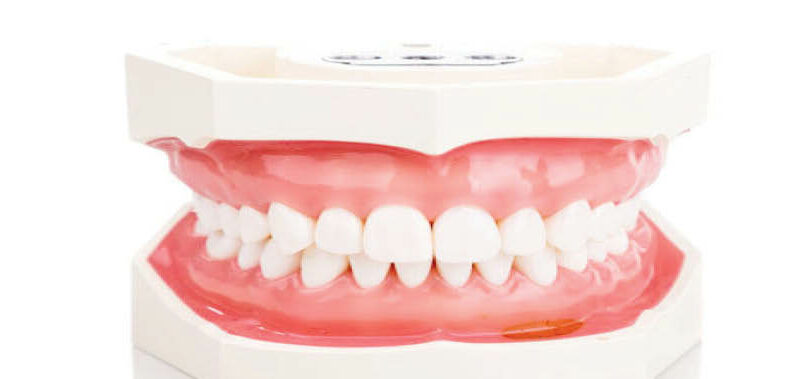By Zarah Abdullah SS 3
There are groups of students known to be cheerful, intelligent and above all, healthier students in my school. I realised that among the secrets of their adorable qualities include regular teeth care. But most of the students don’t realise the impact of healthier teeth in their lives. Generally, a healthier person is the happiest, the most cheerful, and the most intelligent.
We have ignored the important role our teeth play in our brains.
Our teeth are completely connected to our brains as the mouth is hooked into a complex neural network directly to the brain. As defined by Tomas Eichler of neuro genetics; teeth are bony imprints of the building blocks your body used to create its architecture. Minerals, nutrients, the immune system, and physical messages are combined in your pearly white teeth. They can stay alive all through your life, constantly listening to the environment via a hyperconnected network. They sense heat, cold, and pressure but also an inner immune system that can invoke a response to heal potential threats. When we critically study the functions of our teeth, you would realise that our brains devote a large proportion of their 12 cranial nerves to the other oral and nasal structures. The motor function directly controls our airways, tongue allows the opening of our throats and presses against the palate. We all know that the palate has a set of nervous systems that assist in the digestive process and through the nerve, communicate with your gut which is the brain connection.
According to new research, memory loss may be linked to dental health. Researchers who analysed a group of 273 people over the age of 55 discovered that patients with more natural teeth remaining performed better on tests of memory. Even after accounting for the age of participants, some remaining teeth still correlate with memory function.
More so, this shows a person’s natural teeth send a signal to the brain through nerves involved in both facial sensations and motor abilities, such as chewing food. This indicates when the sensory signals are dulled by the absence of teeth, the brain loses its ability to form and maintain a memory.
Therefore, the key to our cognitive performance, it’s prevention and the wise approach to teeth diseases, part of care and prevention; brushing the teeth twice daily for two minutes at a time, flossing once a day, and avoiding things that can harm the teeth; sticky food, sugary snacks, offer a nutritious diet, never walk or run with anything in the mouth, be alert to signs and symptoms of oral diseases like bleeding, shaky teeth, changing teeth colour, etc.
Start it and see the changes in your cognitive performance.
Zarah Abdullah is of Government Girls’ College Maiduguri, Borno State







